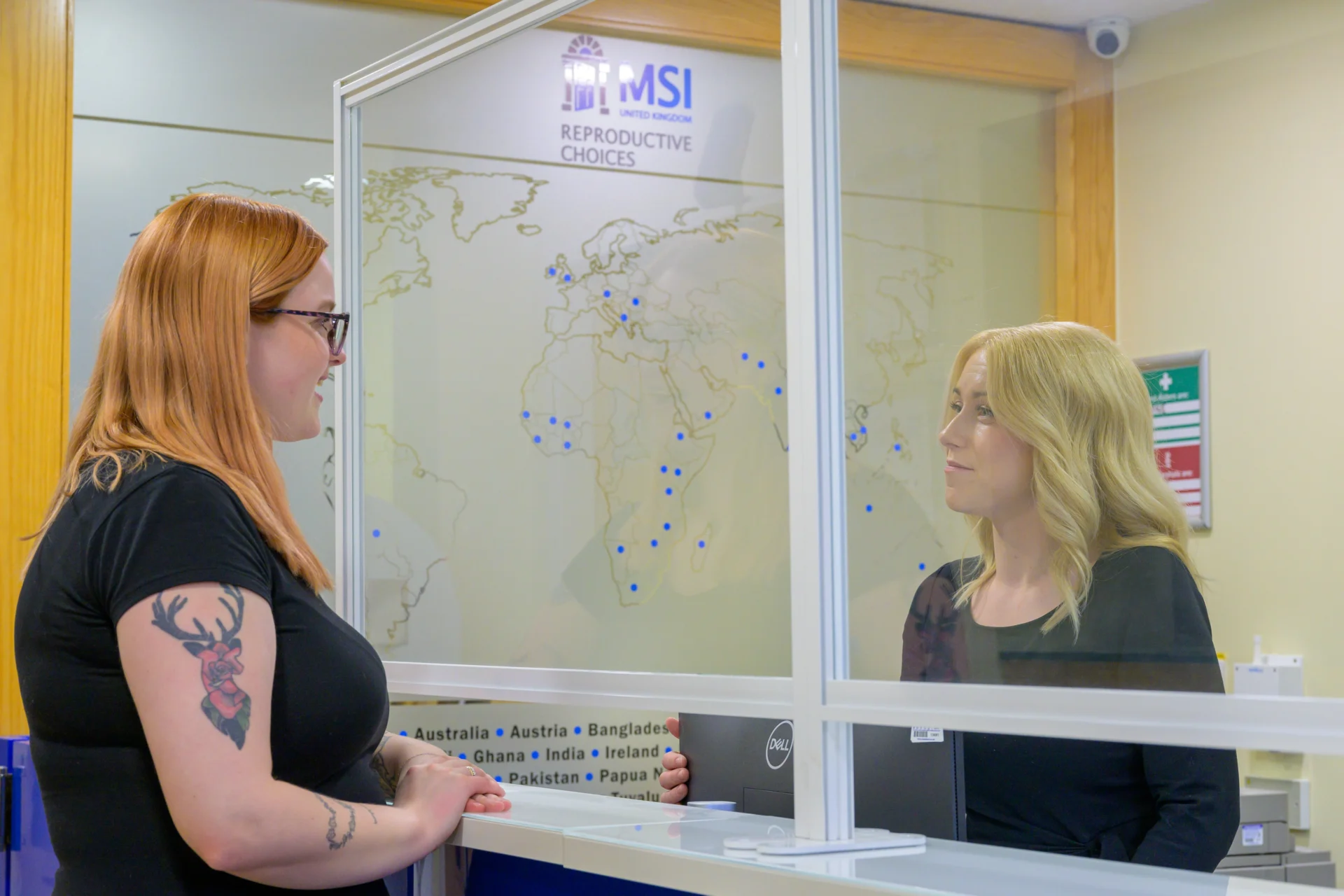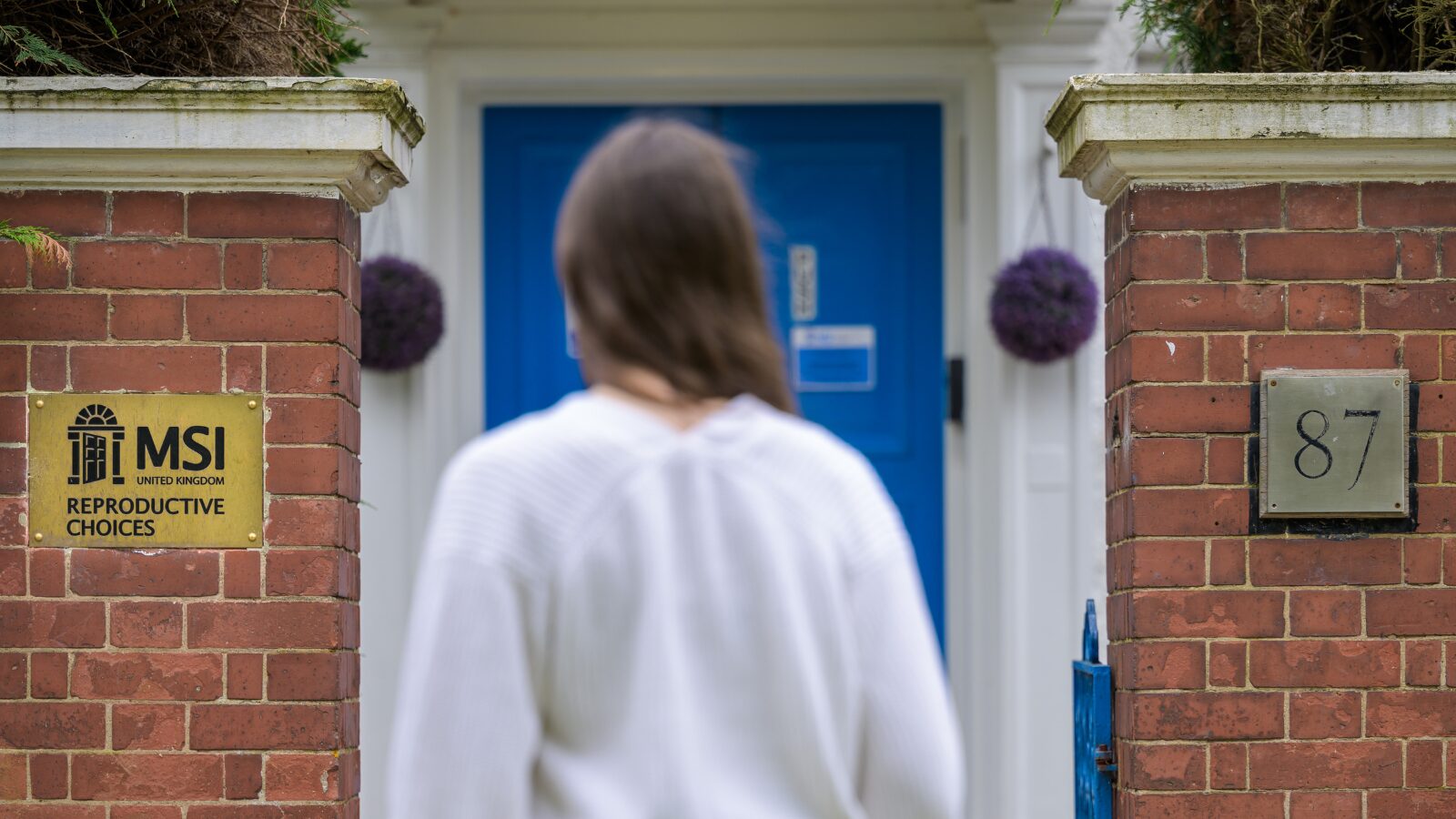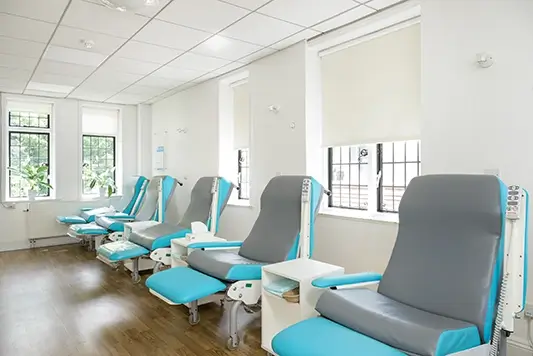London, Friday, 19th February 2021
Abortion at home, with no hospital or clinic visit, is the preferred choice for 8 out of 10 women in the UK, new study shows
As the UK government consults on whether permitting women to take the first abortion pill at home should become a permanent measure, new data from MSI Reproductive Choices UK reveals it is the first choice for most women
Key findings from the MSI Reproductive Choices study being published in the BMJ Sexual & Reproductive Health
- 8 out of 10 (83%) patients report preferring telemedicine during the pandemic
- Two thirds (66%) would choose telemedicine again if Covid-19 were no longer an issue.
- 95.3% were able to speak with their trained health advisor in private. A further 4.6% were able to speak in private when they sought out a private space.
- Over 1,200 women took part in the study. None of them was unable to talk privately, and, crucially, none of the ‘free text’ comments indicated any evidence of pressure, coercion, or privacy issues.
Read our study: “Acceptability of no-test medical abortion provided via telemedicine: analysis of patient-reported outcomes“
Key findings from the national study being published in BJOG (International Journal of Obstetrics & Gynaecology)
- Waiting times from when the woman has her consultation to treatment improved from 10.7 days to 6.5 days
- Women are able to receive care much earlier in their pregnancy – with duration of the pregnancy at the time of the abortion significantly reduced.
- The effectiveness of the treatment remained the same for abortions carried out through the traditional service and the telemedicine service.
- There were no cases of significant infection requiring hospital admission or major surgery. Contrary to misleading claims, no person died from having an early medical abortion at home.
Read the national study: “Effectiveness, safety and acceptability of no‐test medical abortion provided via telemedicine: a national cohort study“
New research from MSI Reproductive Choices UK shows that not only is early medical abortion clinically effective where the woman is trusted to take all the treatment course at home, but that 8 out of 10 (83%[i]) patients prefer it and two thirds (66%[ii]) would choose it again, should they ever need an abortion in future, even if Covid-19 were no longer an issue. The new programme means women can access all their care through telemedicine, without being forced to travel to an abortion centre just to take a tablet which has fewer adverse effects than paracetamol.
Jonathan Lord, MSI Reproductive Choices’ UK Medical Director and co-author of the report said:
“It’s widely accepted that telemedicine is clinically effective. We can now say confidently that it’s also preferable for most patients.
“Our research shows that at-home abortion is a valued, private, convenient and more accessible option, especially for those who find in-clinic visits logistically or emotionally challenging. Removing the possibility of choosing telemedicine now would be to outright ignore those patient’s voices. We hope the government decides that it can continue to trust women to take their own decisions about what is best for their reproductive health.”
Early Medical Abortion at home via ‘telemedicine’ was initially introduced in England on 30th March 2020 as a temporary measure for the duration of the pandemic. MSI Reproductive Choices UK, one of the UK’s largest providers of abortion services launched its award-winning telemedicine early medical abortion service. The service was designed in line with guidance from the National Institute for Health and Care Excellence (NICE), the Royal College of Gynaecologists (RCOG) and the Royal College of Midwives (RCM), one week later, on 6th April 2020.
As the UK government consultation on whether to make telemedicine permanent in England draws to a close next week, MSI UK’s new research published today in the prestigious BMJ Sexual and Reproductive Health journal adds to the growing global body of evidence in support of keeping this vital pathway beyond the Covid-19 pandemic.
Shorter waiting times
As well as being preferred by most patients, telemedicine has real clinical benefits. Research by MSI UK and the two other main abortion providers in England found it has reduced waiting times by over four days[iii], which in turn has reduced the average gestation at which abortion is carried out. In fact, the availability of telemedicine in England has led to 40% of abortions being provided at under six weeks’ gestation, compared with 25% when all women were forced to attend clinic in person[iv].
Private, confidential and safe
Telemedicine has also been shown to uphold the need for medical privacy, with MSI UK’s BMJ-SRH paper showing that:
- 95.3%[v] were able to speak with their trained health advisor in private. A further 4.6%[vi] were able to speak in private when they took other action (e.g. organised help with child-minding).
- Over 1,200 women took part in the study. None of them was unable to talk privately, and, crucially, none of the ‘free text’ comments indicated any evidence of pressure, coercion, or privacy issues[vii].
Finally, an important finding from the paper is that telemedicine makes abortion safer and more accessible for people with safeguarding risks, such as an abusive partner who may coerce them into or out of having an abortion.
Jonathan Lord added: “Telemedicine has provided a lifeline for vulnerable women and girls who cannot attend consultations in-person. We have seen a major increase in safeguarding disclosures, including from survivors of domestic and sexual violence, as they can talk more freely about distressing and intimate details from the privacy of their own home. This is especially true when the woman needs to keep her consultation private, as she can talk secretly to our safeguarding teams without the knowledge of a controlling partner.
“We now ask the UK government to listen to the data, evidence and voices collected and make telemedicine a permanent service so that women and pregnant people can continue to choose the abortion care they want, need and deserve. With the robust, peer-reviewed research that has now been published, we know that the only reason for government not to allow women to continue benefitting from this NICE-recommended care would be if it wants to obstruct them from accessing this essential healthcare.”
Case study
*Kay, 35, from a remote area of Cumbria, used MSI UK’s telemedicine service when she found out she was pregnant.
“During lockdown, I realised I was pregnant, but with health complications during my first pregnancy, I could not physically or mentally manage to carry a healthy pregnancy. I didn’t want to go through my GP as my line of work made privacy impossible and the other nearest clinic was over 100 miles away.
“After three phone calls with very professional and understanding staff at MSI, I received my pills seven days after finding out I was pregnant. I was scared about possible side effects but a lovely nurse on the helpline reassured me.
“Four and a half hours after inserting the pills, I began to pass the pregnancy. Later that night, I snuggled up with my daughter and read ‘Peace at Last’ and thought how thankful I am to MSI telemedicine for this peaceful moment, feeling safe and not afraid for my health or future.”
Notes to Editors
Overall, 9,049 patients received telemedicine early medical abortion (EMA) between 6 April and 31 August 2020. Telemedicine EMAs accounted for 44% of all medical abortions that MSI UK provided in this period.
*Name has been changed to protect anonymity
For interviews and further information please contact:
Email: [email protected]
Tel: 07769166516
[i] From the BMJ-SRH paper ‘Acceptability of no-test medical abortion provided by telemedicine: analysis of patient-reported outcomes’. A sample of all MSI UK’s telemedicine early medical abortion (EMA) patients between April and August 2020 were invited to opt into a follow-up call to answer clinical and satisfaction questions. A total of 1,243 (13.7% of all telemedicine EMAs) were successfully followed up, on average within 5 days post-procedure.
[ii] Ibid
[iii] From the BJOG paper ‘Effectiveness, safety and acceptability of no-test medical abortion provided by telemedicine: a national cohort study’ authored by researchers at the University of Texas at Austin, MSI Reproductive Choices, the British Pregnancy Advisory Service and National Unplanned Pregnancy Advisory Service. This analysed the outcomes of more than 50,000 EMAs between Jan and June 2020 both before telemedicine was introduced and after to compare data.
[iv] Ibid
[v] From the BMJ-SRH paper ‘Acceptability of no-test medical abortion provided by telemedicine: analysis of patient-reported outcomes’. A sample of all MSI UK’s telemedicine early medical abortion (EMA) patients between April and August 2020 were invited to opt into a follow-up call to answer clinical and satisfaction questions. A total of 1,243 (13.7% of all telemedicine EMAs) were successfully followed up, on average within 5 days post-procedure.
[vi] Ibid
[vii] Ibid







